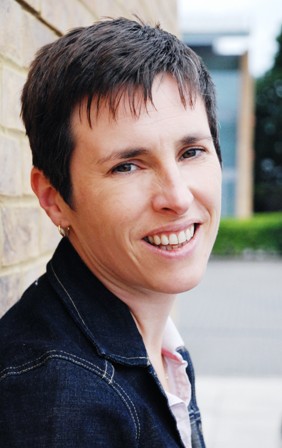 Having had a look at all the property price reports over the last few months across the UK, it is clear the property market is currently out of it’s six year long recession and prices are on the up. Many have reported this as ‘unsustainable’ and that homes are ‘unaffordable’ now. This is utter rubbish to be honest bar a few places in London. In reality, what the price indices show is:-
Having had a look at all the property price reports over the last few months across the UK, it is clear the property market is currently out of it’s six year long recession and prices are on the up. Many have reported this as ‘unsustainable’ and that homes are ‘unaffordable’ now. This is utter rubbish to be honest bar a few places in London. In reality, what the price indices show is:-
Nationwide who report on mortgaged properties are seeing a rise of 10.5% year on year, but this is only just above what prices were six years ago when the market dived. Nationwide suggest property prices are £190,000 on average.
The Land Registry which measure cash sales and is about six months out of date, suggest a lower average of £170,000 and prices up, but by 6%, so less for all properties than mortgaged ones.
Acadata, run by super Cambridge economists use Land Registry data, but measure it differently to give a more accurate picture of what’s happening to house prices suggests. Their data suggests average house prices are now £270,000, up as much as Nationwide by 10% versus 2013.
Does it actually matter to buyers, sellers and investors whether prices are rising or falling?
It only matters from a perspective of knowing what is happening in the market so you can be prepared to move as required and so you know if you are buying when prices are high, or at a low point.
For example, as a first time buyer, or a first time investor, it is very risky for you to buy when the market is falling. You will probably have a lower deposit, so if prices continue to fall you run the risk of negative equity. That can mean you can’t afford to move, get trapped if you have bought as a couple and then want to split up and sell or mean it takes years before your house value is worth more than the money you owe.
A rising market – ideally around 4-5% is a good time for you to buy, depending on whether the forecast is for this to continue over the next few years. This means you can buy a £150,000 home, which if it grows by 5% each year, 5 years later it will be worth £192,000.
If you bought with a 10% deposit, so put in £15,000, when you sell, you will now have £192,000 minus buying and selling costs (approx. £10,000) and the mortgage you owe (£135,000). This means you will now have £47,000 to put towards your next property.
Too many first time buyers I speak to seem to be trying to ‘save’ for their perfect home now, but that’s a very tough call and also means you lose out on one of the investment benefits of buying – you can “gear” the money you have now to buy a bigger asset and as long as you can afford the mortgage, prices go up, you can build up a great deposit for your next home.
From a property sellers perspective
If you are selling to trade down, a static or slightly rising market is best for you. What you want to do is to sell your £300,000 property so you have the benefit of lots of buyers to make offers, then buy the smaller property say for £150,000. If prices rise slightly, say by 5%, then you pay £150,000 x 5% = £7,500 more but you should gain £300,000 x 5% = £15,000 more for the property you are selling.
Interestingly, which most sellers don’t realise, a slow or falling market if you are trading up is ideal, as long as someone offers on your home. This way if prices fall, taking the example above, you might get £7,500 less for the property you sell, but the next one will hopefully sell at £15,000 less, so you may be more likely to get a bargain
What’s happening in regions and towns across England?
You would think with all the media hype, property prices are ‘spiralling’ out of control. What’s actually happening is we are seeing a ‘jump’ in demand which hasn’t been matched by an increase in supply and as people are desperate to move, they are offering, in some cases, silly amounts of money.
However, the supply and demand of properties is now starting to match. Pent up demand from the recession is trailing and this is softening property price growth.
To find out more about what’s happening in your region and town, visit Propertychecklists.co.uk





